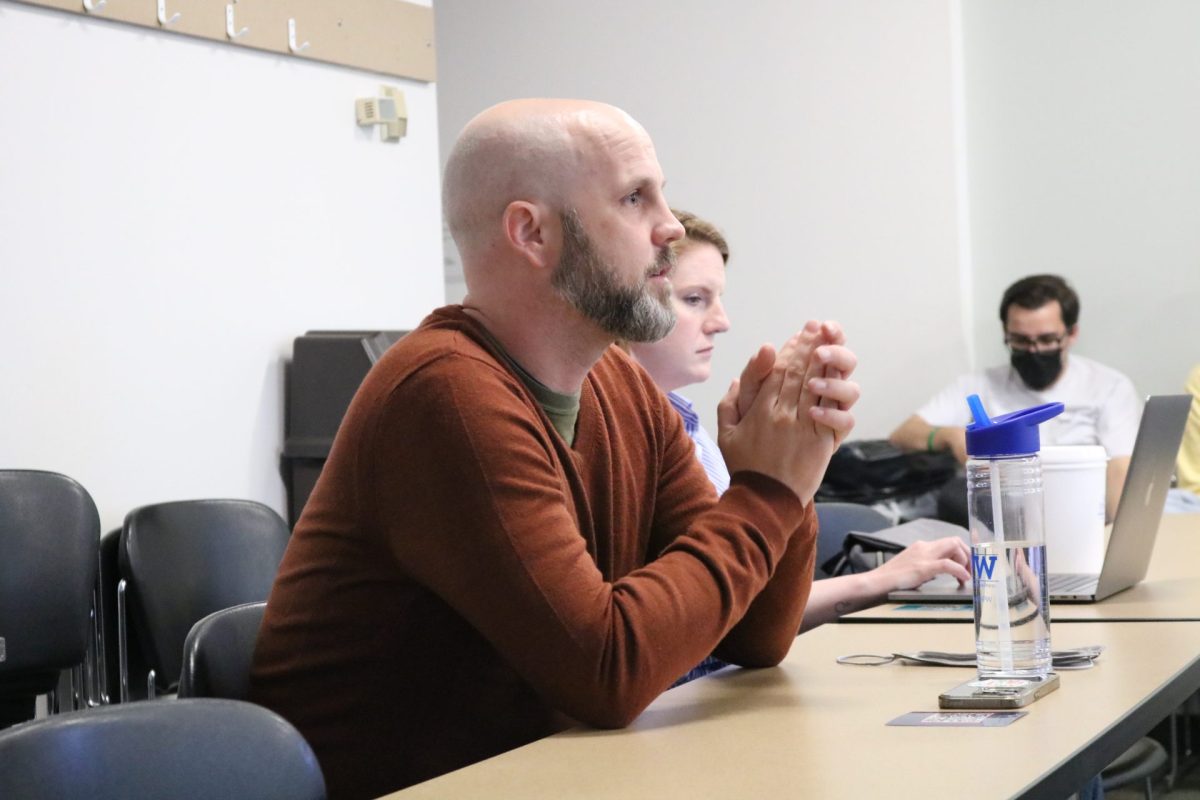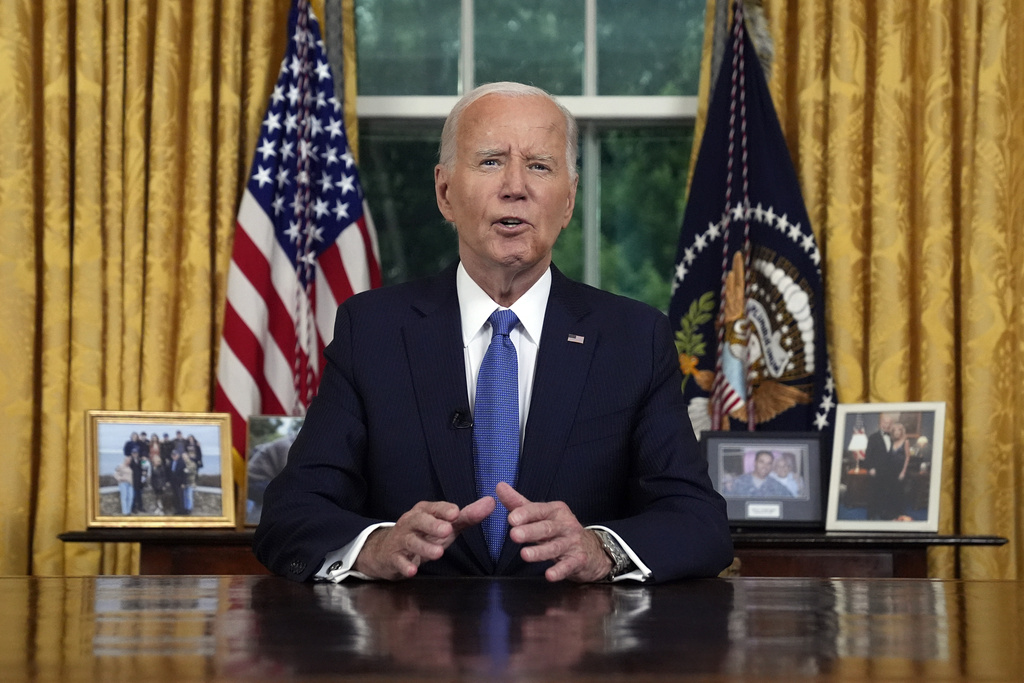University staff discussed proposals for a DePaul student health insurance plan for the first time to students at the Student Government Association’s (SGA) general body meeting on Nov. 3.
Kimberlie Goldsberry, associate vice president for student affairs, and Tyler Wurst, Office Health, Promotion and Wellness director, conversed with SGA members about the new student health insurance plan.
SGA representatives asked Goldsberry and Wurst questions about accessibility, affordability and the opt-out process of this program.
Salgado-Diaz, senator for disabled students, expressed concern about the flexibility of this new plan and the ability for students to continue to see a primary care provider they are comfortable with under other providers.
“(We) made sure that they accepted UnitedHealthcare’s insurance plan and that they had partnerships with various hospitals with specialized programs; if not, they had the ability to go and broker those relationships,” Goldsberry said.
Goldsberry said there is an ongoing initiative to expand the website to include more information about the coverage of this new plan and there is hope that it will be available by the winter quarter.
Goldsberry said, similar to any insurance plan, there are deductibles and maximum out-of-pocket costs that students will be required to meet when receiving care.
“This health care plan is not covering everything, but this will significantly lower your peers’ health care expenses,” Courtney James, SGA faculty advisor, said.
Senator for the Theatre School, Mads Wren, asked about looking at student’s financial needs who cannot afford any health insurance on a case-by-case basis as well as how this new program will impact the cost of attendance and aid offered.
Goldsberry said that there is a cost of attendance appeal processes within financial aid and student accounts. To her understanding, most students will go through that process if they cannot afford the healthcare offer through DePaul.
“I can’t speak to the financial aid process, but they were very involved in the committee that evaluated various providers,” Goldsberry said
Wren said she is concerned about accessibility for disabled students, who will have to complete the opt-out process or, for those who cannot afford this plan, the financial aid appeal process in addition to other paperwork upon enrollment such as the process to join the Center for Students with Disabilities (CSD) program.
“I worry about causing an undue burden on disabled students and, probably, international students, because U.S. health insurance is so unlike anything else,” Wren said.
When asked about a student’s coverage changing throughout the year and how that would affect the billing process, Goldsberry said the program is set up for students to opt out once a year rather than quarter by quarter.
The current rate is $800 per quarter. Goldsberry said, students will only have to pay three out of the four quarters, but will receive year round coverage – totaling $2,400 per year.
“I also know there is volatility in insurance and there can be changes in work. There would be a way to navigate through that,” Goldsberry said. “That’s a way the Student Health Insurance Coordinator could be a resource for students.”
SGA President Parveen Mundi asked whether a Health Maintenance Organization (HMO) insurance – a plan that limits coverage to care under doctors who have contracts with the HMO – would be considered a sufficient substitute and if students with these plans would be able to opt out of the medical insurance offered through DePaul.
Wurst said that, until they receive more information, he is unsure of how this would affect the opt out process, however, many HMO plans from out-of-state do not cover medical care in Illinois.
He could see this having more of an impact on students who live in sister states, however it is unreasonable for students who live in states far away to have to fly home to receive medical care.
“Parents want to have an option to purchase something here,” Wurst said. “Unfortunately for students currently living in our dorms, there’s not a lot of options offered by the Affordable Care Act (ACA) and other organizations.”
Mundi expressed concerns about DePaul only offering one health insurance option, considering students who might need more extensive coverage or have children who also need insurance.
Goldsberry said they went after the most comprehensive plan at an affordable price, however there are options for students who might want to add coverage; that could increase their cost of insurance as it does not include the current rate offered which was built for individual students.
Goldsberry reaffirmed that this health insurance plan is comprehensive healthcare, like most plans, does not currently include dental. However, there is an exploration of different affordable dental insurance plans, that would not be a requirement for students to add to their cost of attendance.
Mundi also asked if this healthcare plan would cover reproductive care.
“It’s comprehensive care and it is between you and your provider how you are using your healthcare,” Goldsberry said.
SGA members acknowledge the positive aspects of this new health insurance plan and hope to continue productive discussion throughout the implementation of this program.
“I’m excited to see (this program) blossom because this was something that was talked about when I was a freshman during the pandemic,” Salgado-Diaz said.








